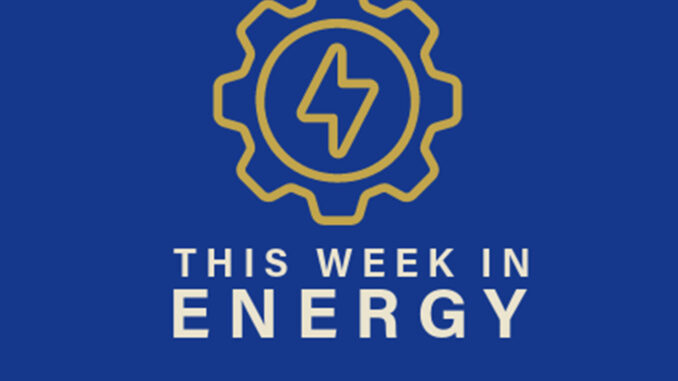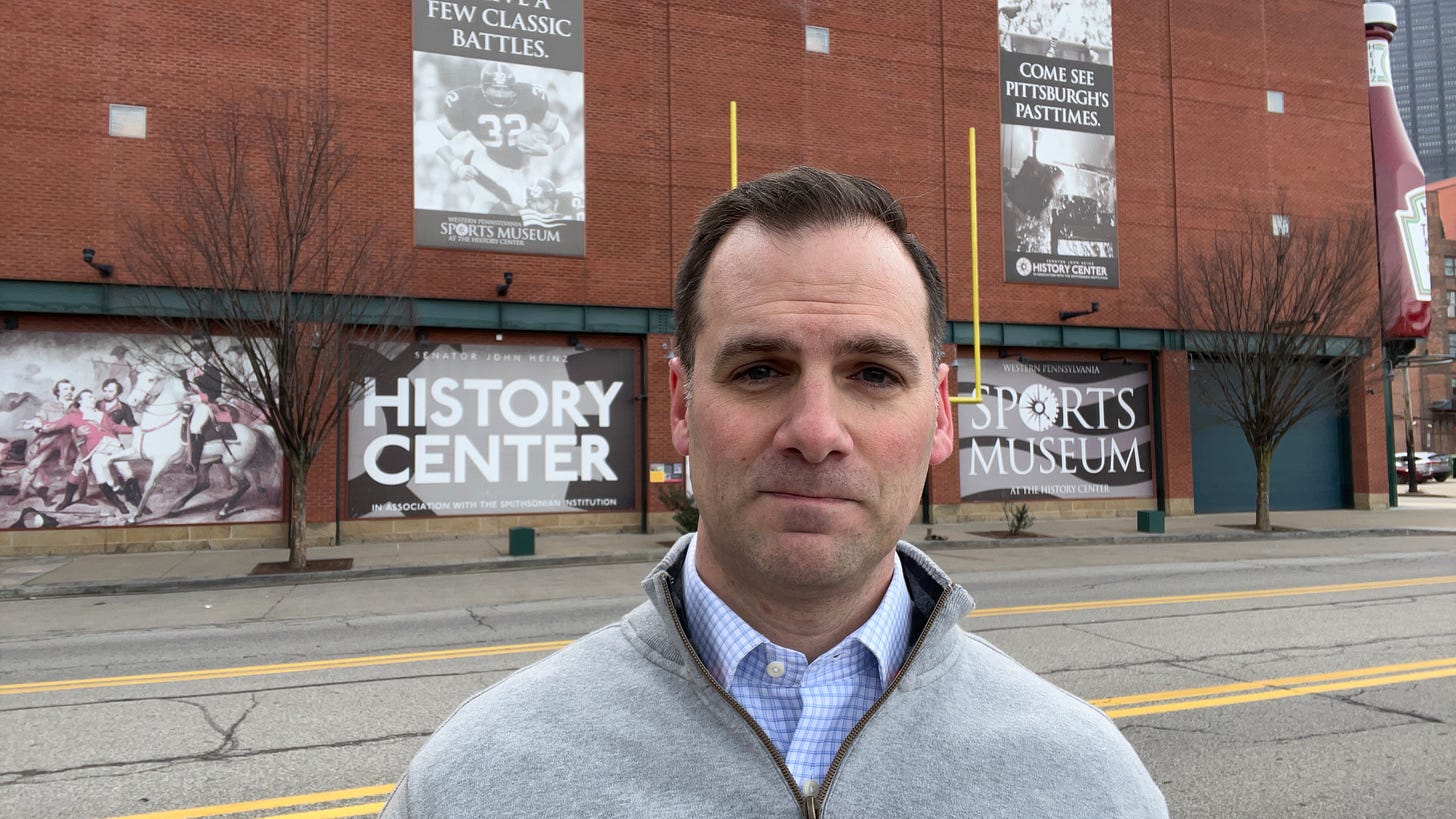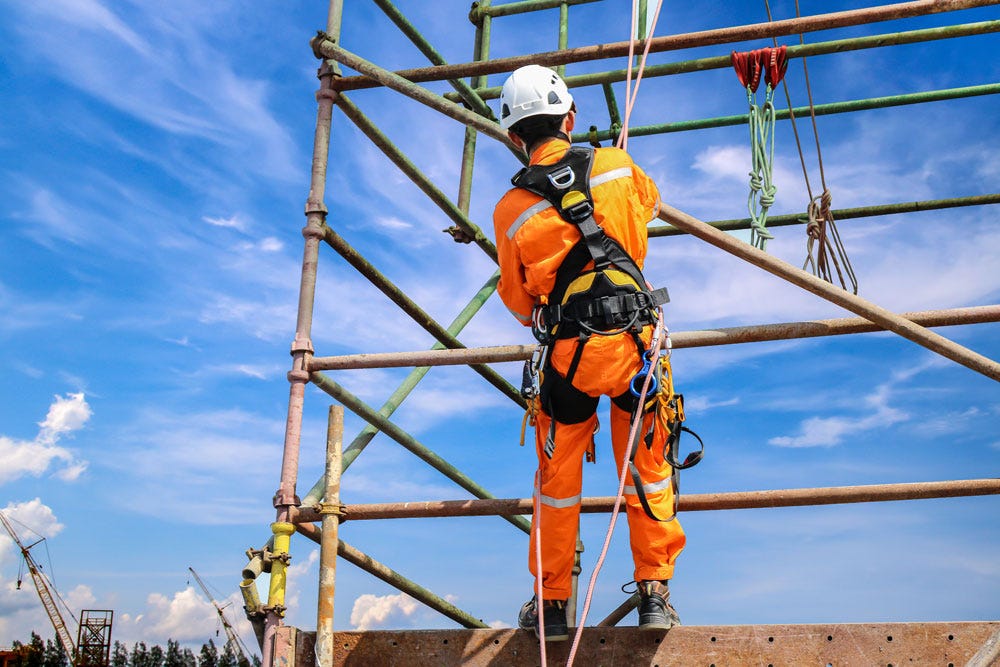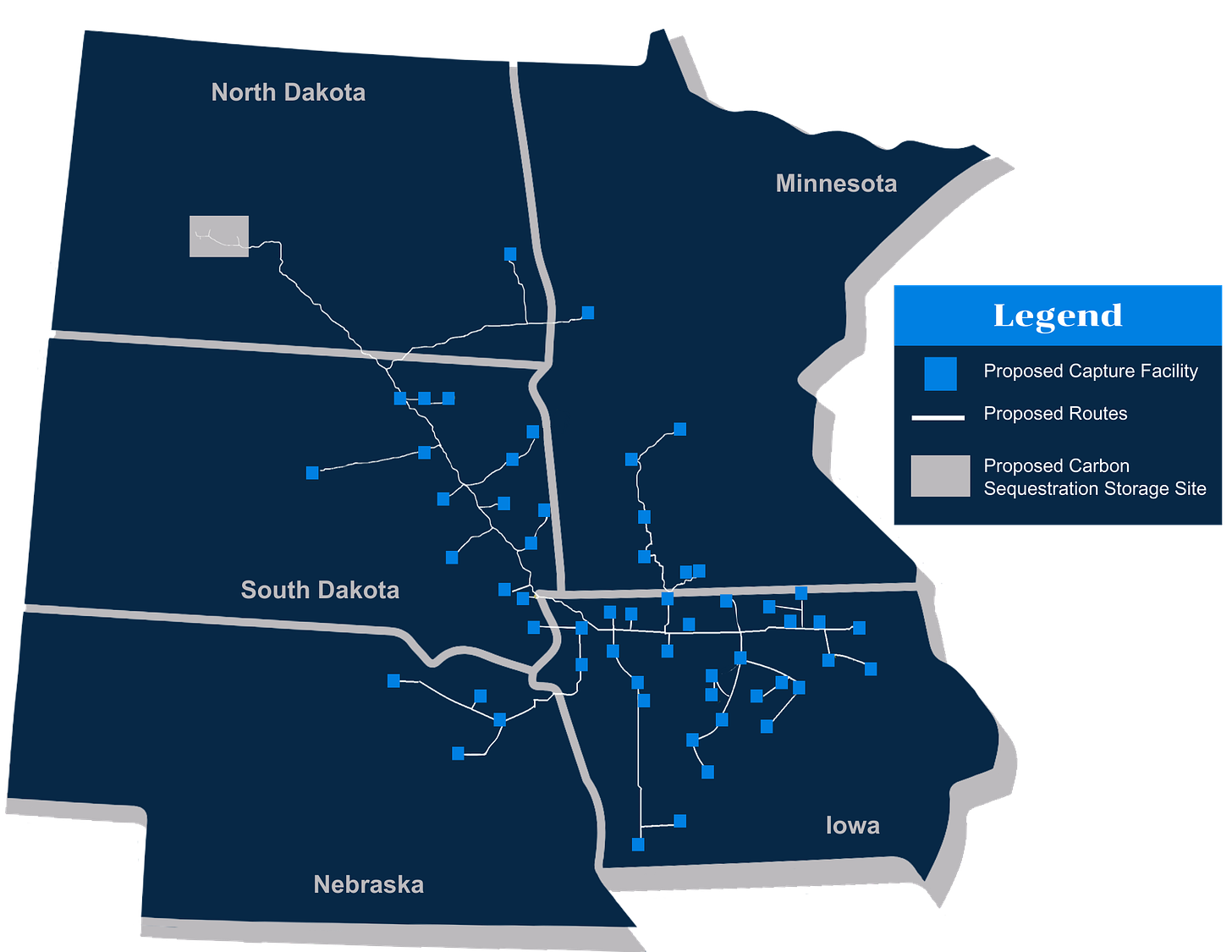

 Kara Glenn, Trades Powered by Her, is helping women change tires, get back into industry after having a baby and assisting with FR Clothing costs too. Glenn also celebrates National Hispanic Heritage Month.
Kara Glenn, Trades Powered by Her, is helping women change tires, get back into industry after having a baby and assisting with FR Clothing costs too. Glenn also celebrates National Hispanic Heritage Month.
Trades Powered By Her is a 501(c)(3) non-profit organization based in Watford City, North Dakota, with a mission to empower and support women in trades. Founded by Kara, this organization aims to break barriers and open opportunities for women to excel in traditionally male-dominated fields such as construction, welding, electrical work, and more.
Kara is a creative professional and educator, known for her work in welding and helping women understand trades, specifically oil and gas.
She has applied her background and leadership skills to this initiative, striving to provide women with the necessary tools, training, and resources to thrive in the skilled trades industry.
Through workshops, mentorship programs, and community outreach, Trades Powered By Her promotes gender equity in the workforce by enabling women to gain technical skills, confidence, and job placements in the industry.
In addition to educational support, the organization fosters a sense of community among women in trades, offering networking events and collaborative projects. This helps create strong bonds, ensuring that participants not only succeed individually but also lift each other up within their professional journeys.

Joe Sinnott, CEO, Witting Partners and the host of the Energy Detox Podcast talks about the Chesapeake Energy Corporation and Southwestern Energy Company, who officially completed a high-profile merger, creating a new entity named Expand Energy Corporation.
This strategic move has positioned the combined company as the largest natural gas producer in the United States. Sinnott, who lives in Pennsylvania is immersed in natural gas discussions right now in the heart of the Marcellus Shale Play.
Announced earlier in 2024, the merger was part of a broader trend of consolidation within the energy sector. Chesapeake Energy and Southwestern Energy had both been facing significant shifts in the industry due to fluctuating energy prices, regulatory challenges, and the ongoing transition toward more sustainable energy practices. By merging, the two companies sought to leverage their strengths and pool resources to navigate the evolving energy landscape.
The newly formed Expand Energy Corporation now holds a vast portfolio of natural gas assets and production capabilities, effectively tripling Chesapeake’s reserve base and more than doubling its production capacity. Approximately 60% of Expand Energy’s production comes from natural gas, a critical resource as the U.S. continues to focus on energy security and reducing carbon emissions. The merger has not only bolstered the companies’ individual positions but also solidified their role in the future of energy production in North America.

Joey Meyers, Bay-Block, explains how his Blouetooth enabled safety feature is instantly communicating to others, helping to lower insurance rates and saving lives.
“The main purpose is to save lives period,“ owner Joseph Meyers said.
When it comes to safety, Bay Block strives to be at the forefront of Fall Protection equipment, Meyers believes.
“We maintain a rigorous standard to ensure the utmost safety and success,” Meyers said. “Our primary goal is to protect individuals, enabling them to return home safely after completing their tasks. Additionally, we aim to assist your business by providing a comprehensive compliance tool.”
Suspension Trauma also known as Harness Hang Syndrome can occur within 10 minutes of a fall, while symptoms can appear in as little as five minutes.
When you fall from a structure while harnessed, the pressure placed on your body can reach more than 1,800 pounds. This amount of force can potentially cause injury to your spine, neck, ribs, and internal organs.
Within minutes of falling and being suspended from your safety harness, blood begins to pool in your legs. Simultaneously, your heart will begin to beat faster, increasing the blood flow to your heart, while continuing to pump blood to your legs.
This can lead to excess stress on your heart, resulting in a heart attack or loss of consciousness due to the lack of oxygenated blood in your brain. This later can cause brain damage or worse, death.

Warren Martin, Kansas Strong, explains how their Touchdown for Teachers donation and grant giveaway works.
Touchdown for Teachers is a program sponsored by Kansas Strong that donates $100 for each touchdown scored by the University of Kansas football team.
“So every time that the University of Kansas scores a touchdown we put $100 into a kitty, and last year, I believe it was $5,900 that we gave to a teacher,” Martin said. “So all the teachers that sign up we draw one of them out of the hat, and we gave it to a teacher last year who was a shop teacher that taught taught shop and mechanics, and they used the money to build a Hovercraft as a as a school project.”

Lori Hinz of BEK News joined Talk of the Town to discuss the taxpayer costs associated with Enhanced Oil Recovery, the state-sponsored special treatment given to Summit Carbon Solutions. Hinz joins Talk of the Town every Monday with an update on the carbon pipeline being proposed by Summit Carbon Solutions where North Dakota is the terminus for a 2,500 mile pipeline carrying carbon waste from 57 ethanol plants across five states.
Summit Carbon Solutions is proposing to build a CO2 pipeline across 5-states with the terminus storage for carbon in North Dakota. The project basically consists of a proposed high-pressure CO2 pipeline that would be built close to residential Bismarck, ND. This has become the topic of controversy among residents and rural landowners along the pipeline’s route.
The pipeline would transport carbon dioxide captured from ethanol plants in five Midwest states to an end point north and west of the Bismarck-Mandan area, in Oliver and Mercer counties.
The three storage facilities Summit is applying for will serve as the end point for the company’s Midwest Carbon Express project, a 2,500-mile pipeline expected to collect carbon dioxide from 57 ethanol plants and one sustainable aviation fuel facility across five states and transport the CO2 to North Dakota for permanent storage underground.
“Not everybody knows really what’s going on with the carbon capture,” Hinz said. “(It’s almost as if) Not really anybody cares unless they have been paying close attention or they have neighbors or friends who are being affected by a pipeline route.”

This Week In Energy is a newsmagazine radio podcast which does qualify for FCC mandated Public Affairs time. This Week In Energy addresses issues of public interest, such as safety, education, poverty, environment, mental health, and/or employment. Published files and recordings of interviews available as public files to increase accessibility to the public and to ensure the security of information.




